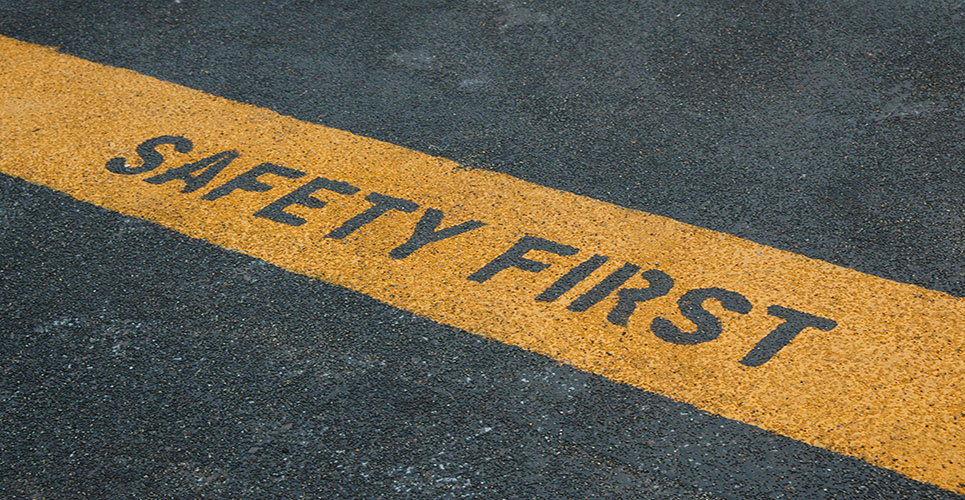teaser
Christine Clark BSc, MSc, PhD, FRPharmS, FCPP(Hon)
Editor HPE
The recent scandal of substandard breast implants has drawn attention to the weaknesses in the current arrangements for licensing of medical devices.
It is to be hoped that the level of public attention that this has generated might bring us closer to developing some more satisfactory legislation for the approval and monitoring of medical devices.
A vast range of products falls into the category of medical devices. It includes not only the obvious devices such as prosthetic joints, cardiac pacemakers and bandages but also a number of products that are essentially pharmaceuticals, such as emollients (‘non-medicated dermatologicals’) and some headlice treatments. In addition, there are products that contain drugs, such as drug-eluting stents and heparin-coated catheters, in which the action of the drug is considered to have an ancillary function to the device. There are also items such as cosmetic fillers, which are injected into the body, to consider.
There are major differences in the processes for licensing of medicines and devices and, in general, the requirements for devices are less stringent than those for medicines. Pharmacists have argued for many years that devices that contain drugs should go through the same approval processes as drugs. Only in this way can patients be given the safeguards that we now expect of medical products and procedures. It seems nonsensical that approval of a medicine requires a substantial dossier detailing efficacy and safety, including clear evidence of the nature and frequency of adverse effects, but approval of an implantable or injectable device requires far less. After all, patients can be exposed to some implantable and injectable devices for much longer than some drug treatments.
It is likely that increasingly sophisticated medical devices will be developed over the next few years and this will make it even more important to have adequate mechanisms in healthcare services to ensure that the products meet the required specification and perform as expected in use.
Action is required on several fronts to improve the situation. Legislation is required to introduce more rigorous procedures for the approval and monitoring of medical devices and adequate independent arrangements for testing of devices are needed.
Hospital pharmacists need to become involved in the selection, purchasing and monitoring of medical devices. This already happens to varying extents in some institutions (see Scott MG, HPE 55, p41) but in order for it to have a meaningful impact it now needs to be embedded into normal (universal) practice. Product selection should involve the rigorous application of objective criteria generated by user groups.
Above all, there is a huge need for clarification. ‘Medical devices’ has become something of a catch-all category for things that do not conveniently fit anywhere else – it now needs to be reviewed critically and generally sorted out. The substandard breast implants episode has clearly signalled the weaknesses in the system – we should act to reform it before more patients suffer needless distress or worse. And the places where hospital pharmacists need to start are with devices that contain drugs and medicines that have been licensed as devices.
Hospital pharmacists have special expertise and should be applying it in the field of medical devices to ensure that patients receive the safest and most effective products.

